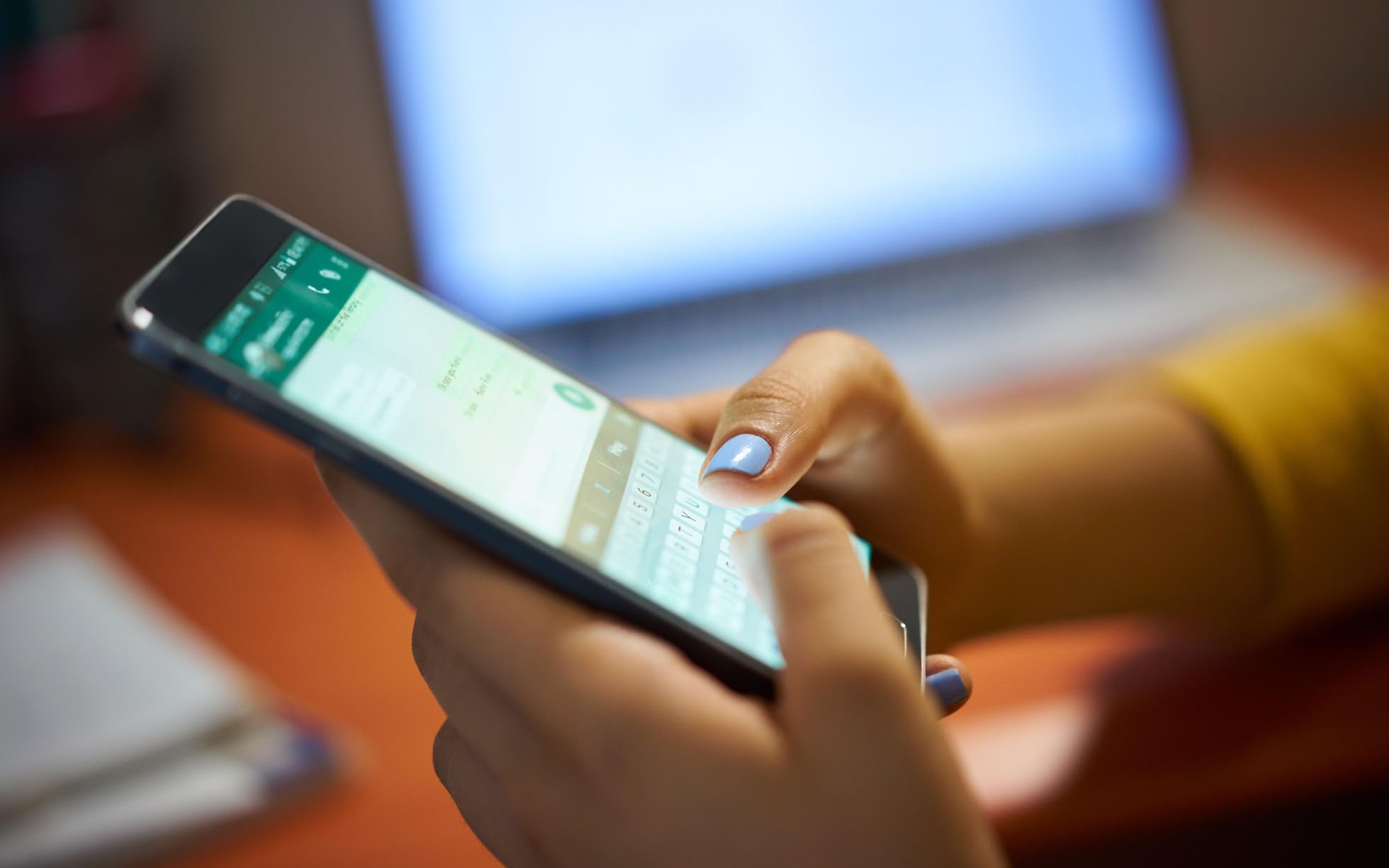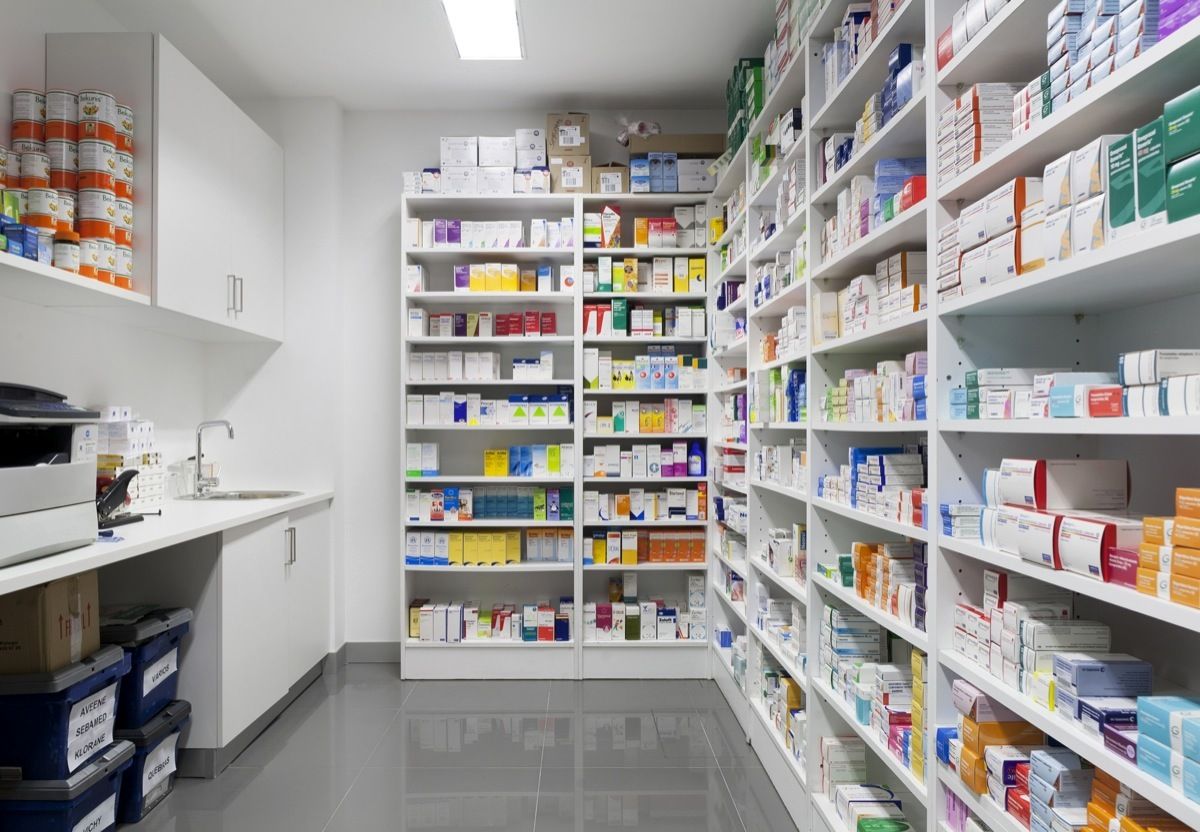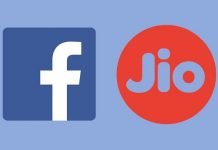Patients will soon be able to check whether the medicine they’ve bought is genuine with just a WhatsApp message. This is because pharmaceutical companies are expected to print unique codes on their best selling products in the next three months, as per media reports.

The move is supposed to help weed out counterfeits of the top 300 drug brands from the Indian market, a senior government official reportedly said.
The Drugs Technical Advisory Board (DTAB) approved a proposal for a “trace and track” mechanism during a meeting held on May 16, the official said. However, this initiative is on a voluntary basis, according to DTAB.
How will it work?
As per the proposal, a 14-digit number will be printed on the labels of the top 300 pharmaceutical brands and these numbers will be unique to each strip and bottle sold in the market, an official explained.
The labels will also have a printed mobile number provided by the company marketing the brand, the official added.
ALSO READ: HealthCare Startups That Are Doing Extraordinary Work In This Sector
Patients purchasing these medicines can message this 14-digit number to the contact number provided and will get details like the name and address of the manufacturer, the batch number, manufacturing and expiry date, the official said.
This step is aimed at giving confidence to the public about the genuineness and quality of the product.
“This will also help inspectors to track and catch counterfeit products moving in the market,”
the official added.
Counterfeit medicines are fake medicines that fail to treat or prevent disease. Several companies and major associations had been in discussion with the government over this initiative and have agreed to it.

The 300 brands for this track-and-trace mechanism will be selected based on the market size, the official said, adding that work was underway to collate the list of these products.
Pharma companies are yet to receive clarifications on how it will work and who will be responsible for creating the portal that allots the numbers.
“If this improves access to genuine medicines and reduces counterfeit products, we will consent. But the responsibility of developing the portal for this and the allotment of unique serial numbers should be with the ministry of health,”
said DG Shah, secretary general of the Indian Pharmaceutical Alliance, a lobby group for large domestic pharmaceutical companies.
Shah pointed out that for 300 brands, the number of products, it runs into billions of products. So a good logistical support would be required.
An estimated 1 in 10 medical products circulating in low- and middle-income countries is either substandard or falsified, according to research released by the World Health Organization (WHO) in November 2017.
A nationwide survey conducted in 2014-16 showed that around 3% medicines marketed in India were substandard, while around 0.023% were either spurious or counterfeit.
ALSO READ: Nutrient Deficiencies that Can Cause Depression and Important Nutrients for Mental Health









